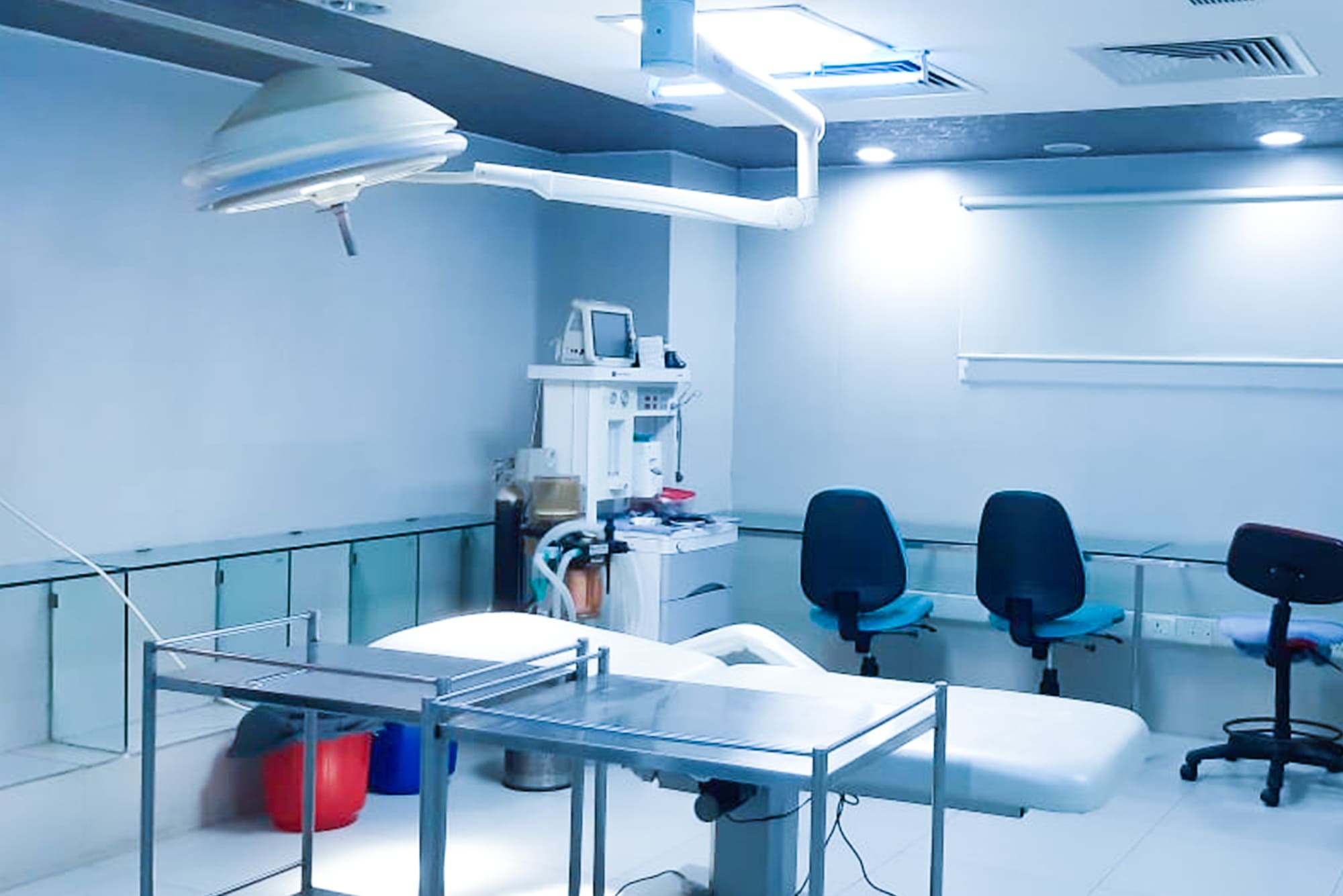Hair transplantation: Risks, Side effects, Pre & Post Care

Baldness is common and affects anyone regardless of their age. When we think of a long-term solution, hair transplantation comes to mind. It has gained popularity as it instantly fixes hair loss and give voluminous hair. But it comes with pros and cons.
This article will discuss the long-term side effects and precautions following a transplant.
Table of Contents
Risks & Side effects of Hair transplantation
- Infection is a common side effect, but it can be avoided if the treatment is by a reputed clinic that heeds protocols judiciously. A dermatologist often prescribes antibiotics to lessen the probability of infection.
- Bleeding is another common occurrence, even though dermatologists try to prevent it. If there is minor bleeding in the donor area, then it can be resolved quickly by putting pressure on it. However, if you experience heavy bleeding, you must consult your dermatologist.
- Most people feel radiating pain during and after the transplant. In most cases, it’s not severe and usually resolves within a day or two. If it worsens, it is best to consult the dermatologist and take appropriate pain-killer medications.
- Swelling is uncommon, but if it occurs, it settles in a week or so.
- Numbness is another unavoidable side effect that is exaggerated due to anaesthesia. If you feel numbness or tingling 5-6 months post transplant, you must contact a dermatologist immediately.
- As weird as it sounds, hiccups are a side effect, and it’s unknown why they occur. But they last several days in 5 out of 100 cases of hair transplant.
- Scarring is an inevitable side effect and is very common in the donor area during hair follicles or strips extraction. Although the severity of scarring varies for everyone, it’s treatable using other methods.
- It may seem counterproductive, but many patients experience hair thinning during the initial months after surgery. They usually retain the thickness afterwards.
- 3 out of 10 patients feel itching in the scalp area. It can be due to the formation of scabs in the treated area—soothing oils and a proper hair care regimen post hair transplant can resolve it.
Pre & Post care for Hair transplantation
Pre-operative hair transplantation care:
Before this surgical procedure, it is crucial to follow precautions and guidelines to minimise risks and side effects.
- Avoid certain medications like aspirin, Advil, Ibuprofen, anti-inflammatory drugs, vitamins E and B.
- Avoid taking blood thinners, herbal supplements or medicines.
- Avoid consuming steroids or topical application of corticosteroid creams. They can increase the likelihood of bleeding during or after the surgical procedure.
- Avoid alcohol or green tea.
- Follow a balanced diet with simple and bland foods. Avoid spices and spicy food.
- Get adequate sleep a day before surgery. Avoid applying hair styling gel or cream.
- Take medications prescribed by the doctor before the surgery.
- On the day of surgery, wash your hair thoroughly. Also, avoid intake of caffeinated products and don’t do any strenuous activity. Do not wear wigs or hair accessories.
Post-operative hair transplantation care:
- After your surgery, make sure to get ample rest.
- Sleep with your head elevated at about 45 degrees for the first seven days after the procedure. You can also opt for an aeroplane pillow or sleep on a recliner. To reduce swelling during the initial days, you can use a few pillows to keep your head straight and elevated.
- Take medications like antibiotics as directed by the doctor. Avoid taking them on an empty stomach, and take your prescription pain medication timely to avoid pain.
- Keep your head covered or wrapped for the first few days.
- Gently clean your scalp and hair. Rinse mildly, and don’t massage your shampoo.
- Until your sutures are healed, avoid wearing hats or caps.
- Avoid scratching your scalp.
- Make sure to stay thoroughly hydrated after the procedure.
- Do not expose your scalp to the sun’s harmful UV rays until told otherwise by your dermatologist.
- Avoid engaging in heavy exercises such as weight lifting for a few weeks.
- Do not apply anything directly to the scalp unless prescribed by the dermatologist.
- Avoid consuming alcohol immediately after the procedure.
Conclusion
Most side effects are temporary and subside within a few days or weeks. However, it is best to seek a hair transplant consultation and treatment from a reputed clinic only. Alternatively, you can look for viable and minimally invasive hair restoration treatments to avoid long-term complications.
Oliva Clinic Jubilee Hills
NBK Building, Rd Number 36, Jubilee Hills, Hyderabad, Telangana 500033